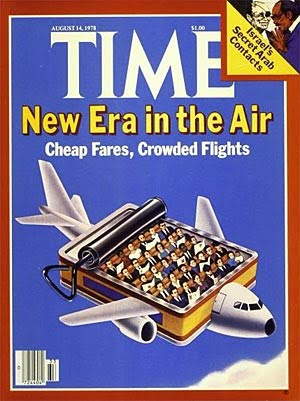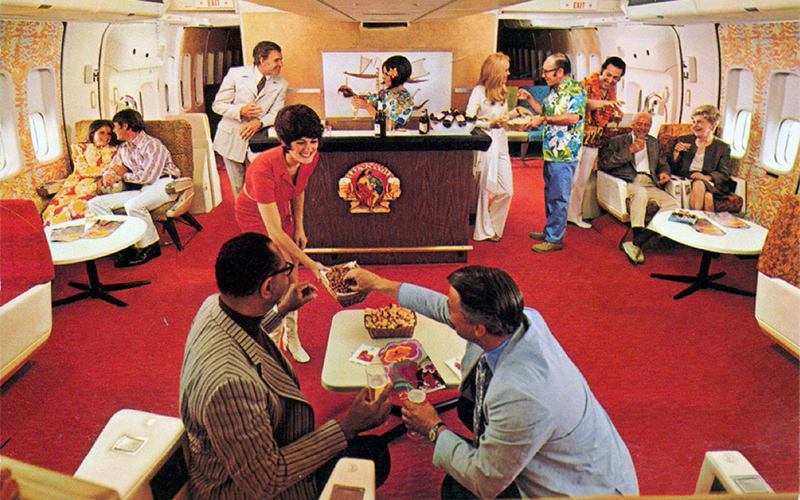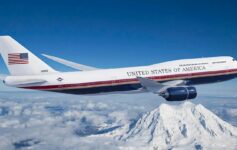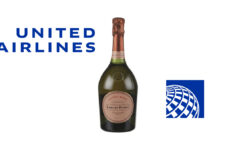Imagine a country where airlines were seen as a public utility, not merely an engine for profit. A body of civil servants determined what routes each airline would operate, how much they would charge, and limited any new entrants into the market so as to encourage stability and modest profit.
That was the United States up until the Airline Deregulation Act of 1978. And frankly, most airlines were just fine with it. The big boys like Pan Am and TWA used their entrenched advantage to offer mostly stable service. Without pesky competition, they could maintain attractive margins while even offering luxurious perks onboard to all travelers.
While the oil crisis and stagflation may have changed the calculation for airlines, the biggest loser was consumers, who paid what we would consider in 2020 to be exorbitant rates for airfare. The ultimate result of deregulation may have been Basic Economy and unprecedented ancillary fees, but it also made flying cheaper than ever before. Most consumers, though they love to complain about how bad airlines are, still consider low fares the most important metric.
U.S. Airlines Want To Consolidate Domestic Flights
While airlines are not exactly clamoring for a return to the Civil Aeronautics Board (CAB) to eliminate “ruinous” competition, U.S. airlines note that we are in a unique time. Load factors are so bad that some flights have more flight crew members than passengers. We’re not even talking about 20% loads. Think 5-10% loads…
This prompted one unnamed airline executive to tell CNBC:
“Does it make sense for more than one of us to be flying to a city when there are only a few seats filled on each plane? It may make more sense to maintain service to that city, but put all passengers on one plane.”
Did you catch that? Airlines are now talking about operating domestic flights on behalf of one another, to stem losses.
CNBC further explained the change airlines are floating:
How would service consolidation work? Take the route from New York City to St. Louis, Missouri. Right now, American, Delta and Southwest all fly the route from LaGuardia Airport to St. Louis Lambert International Airport. If the route were temporarily consolidated, all airlines would continue selling tickets on the route, but the carriers would agree to put all the passengers on one plane.
Great Concept, But How?
Is this instance of desperate times calling for desperate measures? The idea makes sense…in theory…but how about in practice?
Let’s continue with the example above. Say one airline, Delta, is assigned to operate from New York to St. Louis. Say a plane goes out with 10 passengers. Two are from Delta, two are from United, three are from Southwest, and two are from American. How will revenue be split? If Delta operates the flights with its gate agents, pilots, and flight attendants, that means Delta will bear the brunt of the cost. Do airlines expect, by assigning routes somewhat evenly, that it will all even out? Will it be any different than current codeshare arrangements?
More importantly, who will set fares? With a new cartel in town, will fares skyrocket since only essential travel will be happening anyway for the next few months?
Frankly, I cannot envision a formal agreement taking place. Rather, I can picture a sort of gentlemen’s agreement among the legacies and Southwest that will carefully lead to “temporary” suspensions” on some routes, which will temporarily solve the problem without CAB 2.0.
You scratch my back and I’ll scratch yours…
CONCLUSION
Perhaps a more apt analogy is the colonial powers carving up land into spheres of influence. If airlines do something similar, consumers will not win in the short-term. The question is whether enough people, especially those in charge, will buy the argument that this sort of draconian policy is necessary so that consumers can continue to win in the long-term.






And Pompeo went to Saudi Arabia to ask them to increase oil prices. Did you catch that? A capitalist asking for an anti consumer move.
Or that the Texas rail road commission is being asked to put quotas on shale oil production. Did you catch that? A capitalist asking for an anti competition move.
Or that trump held a press conference where he threw a tantrum. Did you catch that? A Republican pretending to be a human.
They don’t care whether consumers win. That is no longer the metric. The issue is only share price. Nothing else.
So, given the times, we are basically opening the door long term for airlines to collude on pricing and routes so as to stifle competition. Sure, makes sense now as part of an emergency BUT with temporary Government regulations. This is what I suggested a week ago or so in another blog. I offered that a new temporary Govt. agency be set up to assign routes for the time being to each airline as a part of the bail out.
Allowing them though to do this themselves starts to open the door to it becoming an accepted practice long term. Airlines would love nothing more at this point than to divvy up markets and routes, raise fares, reduce service along with customer benefits (bye bye Frequent Flyer Programs) and become the airlines they were in 1972. Even better than 1972 as it would all be controlled by a cartel rather than an agency. A bit more like drug cartels in Mexico and Columbia rather than 1970’s airlines.
https://twitter.com/nntaleb/status/1243909550819942400
Another a-hole that wants a bailout.
Legislation could easily be crafted that makes such a move temporary, allows for robust government overview and protects consumers (although there should not be many of them right now). This is a smart short term measure. I fully support it.
They can do it themselves. Example: United stops ORD-OMA flights. AA doesn’t but stops MCI-ORD flights. They collude this way without officially colluding. The moment an airline becomes aggressive, the other airline becomes aggressive. One CEO might even say “Our airline is cautiously cutting some destinations in order to survive but will be less likely to do so if other airlines take advantage of that instead of adopting a shrinking strategy”
That would likely be considered collusion. Without an anti-trust waiver from DOJ, it would be too high risk.
The picture you posted seems very progressive for 1977, what with the two homosexuals in front being served hot nuts.